Russia close to recognising Taliban govt
.
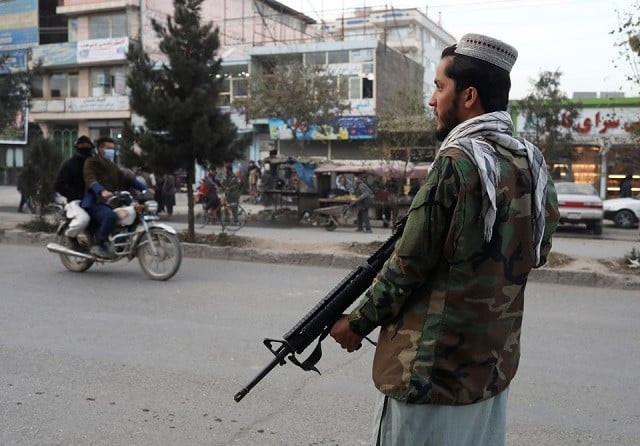
Russia moved a step closer towards recognising the Taliban government of Afghanistan on Tuesday as parliament voted in favour of a law that would make it possible to remove the Taliban from Moscow's list of banned terrorist organisations.
Parliament's lower house, the Duma, approved the bill in the first of three required readings, Interfax news agency said. No country currently recognises the Taliban government which seized power in August 2021 as US-led forces staged a chaotic withdrawal after 20 years of war.
But Russia has been gradually building ties with the movement, which President Vladimir Putin said in July was now an ally in fighting terrorism. Moscow sees a major security threat from militant groups based in a string of countries from Afghanistan to the Middle East, where Russia lost a major ally this week with the toppling of Syrian President Bashar al-Assad.
In March, gunmen killed 145 people at a concert hall outside Moscow in an attack claimed by Islamic State. US officials said they had intelligence indicating it was the Afghan branch of the group, Islamic State Khorasan (ISIS-K), that was responsible.
The Taliban says it is working to wipe out the presence of Islamic State in Afghanistan. Western diplomats say the movement's path towards wider international recognition is stalled until it changes course on women's rights.
The Taliban has closed high schools and universities to girls and women and placed restrictions on their movement without a male guardian. It says it respects women's rights in line with its strict interpretation of Islamic law.
Russia has its own complex and bloodstained history in Afghanistan. Soviet troops invaded the country in December 1979 to prop up a Communist government, but became bogged down in a long war against mujahideen fighters armed by the United States.
Soviet leader Mikhail Gorbachev pulled his army out in 1989, by which time some 15,000 Soviet soldiers had been killed.

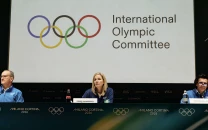

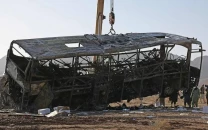
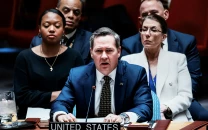
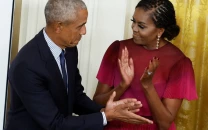
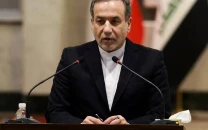












COMMENTS
Comments are moderated and generally will be posted if they are on-topic and not abusive.
For more information, please see our Comments FAQ